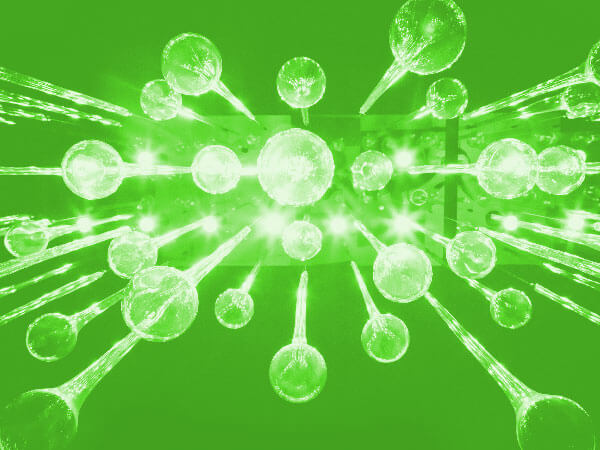CAR-T Cells: Immuno-oncology Therapeutics
The relationship between cancer cells and the immune system – T cells in particular – is pivotal to the body’s ability to suppress tumor formation, growth, and metastasis. Under normal circumstances, cancer cells are antigenic, which allows T cells to recognize, locate, and kill them. For tumor formation to occur, cancer cells need to either grow faster than T cell-mediated cytotoxic killing, or develop mechanisms to evade it.
T cell-mediated cytotoxicity requires T cells to be activated by antigen-presenting cells (APCs) such as dendritic cells, macrophages, or B cells. APCs process antigens and then display them as part of major histocompatibility complexes for detection and recognition by T cells via T cell receptors (TCRs). The activated and primed T cell then seeks and eliminates all cells expressing that specific antigen which it contacts. Since T cell recognition of cancer cells is mediated by cell surface antigen detection, cancer cell evasion mechanisms usually center on preventing such interactions – usually accomplished by downregulating common T cell targets.
 Researchers are attempting to circumvent this tactic by creating and introducing custom receptors specific for ubiquitously-expressed surface markers unique to cancer cells. Through genetic engineering, T cells can be made to express these chimeric antigen receptors (CARs), creating CAR-T cells. CAR-T cells can be specially tailored to the cancer cell phenotypes present within an individual patient, thus augmenting the immune response and offering boosted specificity and efficiency.
Researchers are attempting to circumvent this tactic by creating and introducing custom receptors specific for ubiquitously-expressed surface markers unique to cancer cells. Through genetic engineering, T cells can be made to express these chimeric antigen receptors (CARs), creating CAR-T cells. CAR-T cells can be specially tailored to the cancer cell phenotypes present within an individual patient, thus augmenting the immune response and offering boosted specificity and efficiency.
For CAR-T-based therapeutic strategies to be effective and easy to implement, a quick and simple methodology for the mass generation and production of CAR-T cells needs to be available. CAR-T cell production begins with isolating sufficient numbers of T cells for subsequent manipulation. Ideally, a patient’s own T cells will be used in order to limit potential autoimmune complications.
Following extraction and isolation, the extracted T cells are activated in vitro, at which point the genetic material encoding the CAR is introduced for incorporation. T cells which fail to incorporate the CAR are then removed, leaving a purified CAR-T cell population which is expanded, concentrated, and stored for further use.
In order to minimize collateral damage to healthy cells and improve general anti-cancer therapeutic efficiency, researchers are investigating methods of boosting the immune system’s innate anti-tumor activities. CAR-T cells can potentially increase the specificity and potency of T-cell mediated cell killing mechanisms.
CAR-T Cell Therapy: Introduction and Overview Video




